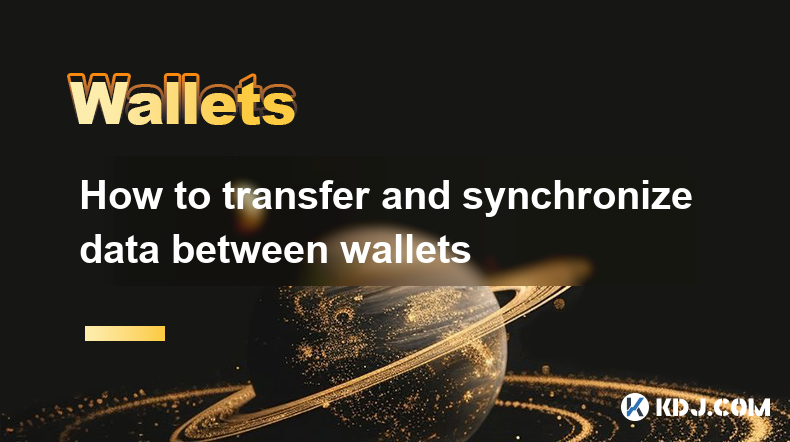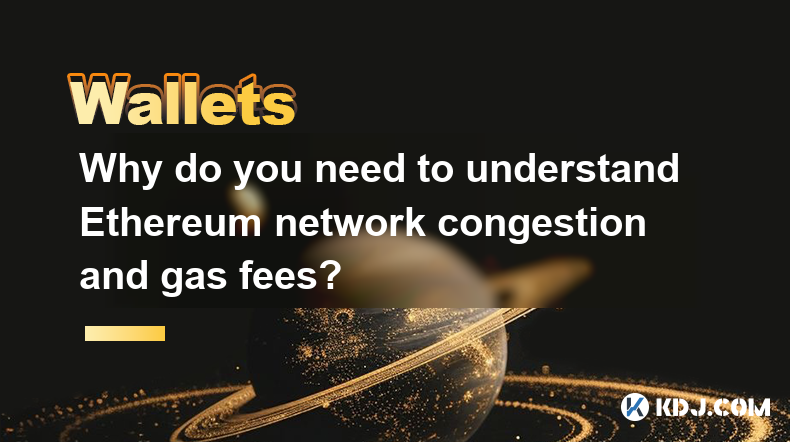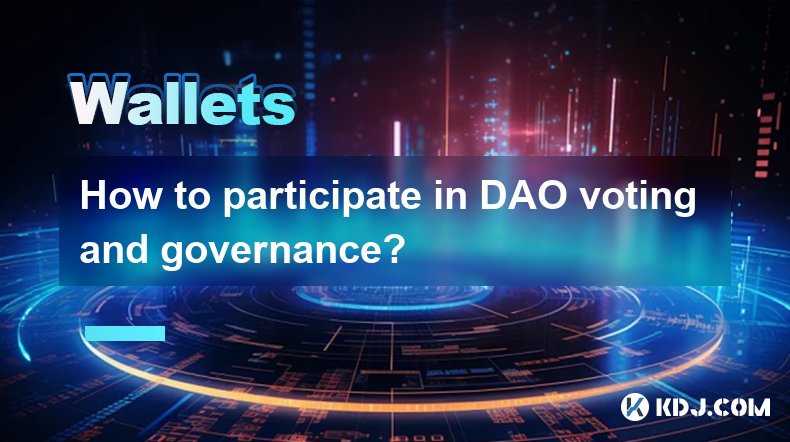-
 Bitcoin
Bitcoin $95,650.7883
-0.51% -
 Ethereum
Ethereum $2,679.4972
-4.37% -
 XRP
XRP $2.4607
-4.25% -
 Tether USDt
Tether USDt $1.0001
-0.01% -
 BNB
BNB $638.2406
-3.55% -
 Solana
Solana $157.1550
-8.05% -
 USDC
USDC $1.0000
-0.01% -
 Dogecoin
Dogecoin $0.2298
-6.22% -
 Cardano
Cardano $0.7317
-5.87% -
 TRON
TRON $0.2457
1.13% -
 Chainlink
Chainlink $16.6415
-7.04% -
 Sui
Sui $3.2176
-4.37% -
 Avalanche
Avalanche $23.6512
-6.93% -
 Stellar
Stellar $0.3168
-4.53% -
 Litecoin
Litecoin $123.1339
-3.72% -
 Toncoin
Toncoin $3.6744
-3.08% -
 UNUS SED LEO
UNUS SED LEO $9.7382
0.17% -
 Shiba Inu
Shiba Inu $0.0...01472
-5.83% -
 Hedera
Hedera $0.2015
-5.53% -
 MANTRA
MANTRA $8.4013
-2.46% -
 Polkadot
Polkadot $4.7023
-6.68% -
 Hyperliquid
Hyperliquid $21.2779
-10.99% -
 Bitcoin Cash
Bitcoin Cash $311.8294
-5.28% -
 Ethena USDe
Ethena USDe $1.0002
0.02% -
 Bitget Token
Bitget Token $4.8993
-3.55% -
 Dai
Dai $1.0001
0.00% -
 Uniswap
Uniswap $8.5075
-7.12% -
 Monero
Monero $233.2226
0.23% -
 NEAR Protocol
NEAR Protocol $3.3057
-4.36% -
 Pepe
Pepe $0.0...08857
-6.73%
What does MPC wallet mean? How about MPC wallet?
MPC wallets leverage decentralized, multi-party computation to safeguard digital assets, distributing control and enhancing security through threshold signature approvals and cryptographic mechanisms.
Dec 19, 2024 at 06:16 am

Key Points:
- Understanding the Concept of Multi-Party Computation (MPC)
- MPC Wallets: Features, Functions, and Security
- Implementing and Utilizing MPC Wallets
- Current Landscape of MPC Wallets in the Cryptocurrency Ecosystem
- Benefits and Challenges of MPC Wallets
- Future Prospects and Use Cases for MPC Wallets
What is an MPC Wallet?
An MPC wallet, or Multi-Party Computation wallet, is a cryptocurrency wallet that utilizes Multi-Party Computation (MPC) technology to enhance security and distribute control over digital assets. MPC is a cryptographic technique that enables multiple parties to jointly compute a function without revealing their individual inputs to each other.
Features and Functions of MPC Wallets:
- Multi-Signature Control: MPC wallets require multiple authorized users to approve transactions, preventing unauthorized access to funds.
- Enhanced Security: The distributed nature of MPC makes it highly resistant to hacking and theft, eliminating single points of failure.
- Seamless Transactions: Transactions are processed efficiently, leveraging the combined computing power of participating parties.
- Transparency and Auditability: The underlying computations are transparent and verifiable, fostering trust and accountability.
Implementation and Utilization of MPC Wallets:
- Setup: Establish a group of authorized users and set up the MPC protocol.
- Key Generation: MPC technology generates a set of keys, distributed among the participants, to secure the wallet.
- Transaction Authorization: When a transaction is initiated, the participants need to jointly compute a threshold signature to approve it.
- Consensus Mechanisms: MPC wallets often employ consensus mechanisms to ensure that a sufficient number of participants authorize a transaction before it is executed.
Current Landscape of MPC Wallets in Cryptocurrency:
- Gnosis Safe: A popular MPC wallet that supports multiple blockchains and offers advanced security features.
- Trezor: A hardware wallet manufacturer that integrates MPC technology to enhance the security of its devices.
- Ledger: Another hardware wallet provider that utilizes MPC to bolster the protection of user assets.
Benefits of MPC Wallets:
- Increased Security: Resistance to hacking and unauthorized access due to distributed control and sophisticated cryptographic algorithms.
- Multi-Signature Authorization: Prevention of unauthorized transactions and enhanced accountability.
- Transparency and Compliance: Transparent and verifiable computations that can satisfy regulatory requirements.
- Reduced Counterparty Risk: Distribution of control over assets mitigates the risks associated with centralized custodians.
Challenges of MPC Wallets:
- Overhead Costs: Setup and maintenance of MPC protocols can involve computational and operational expenses.
- Scalability: Processing transactions may become computationally intensive with a large number of participants.
- User-Friendliness: MPC wallets may present a higher learning curve for users compared to traditional cryptocurrency wallets.
Future Prospects and Use Cases for MPC Wallets:
- Decentralized Finance (DeFi): Enabling secure management of digital assets in DeFi protocols.
- Digital Identity: Facilitating secure storage and verification of digital identities.
- Enterprise Applications: Enhancing the security of cryptocurrency-related operations in enterprise settings.
- Cross-Chain Interoperability: Enabling seamless transactions across multiple blockchain networks.
FAQs:
Q: What is the difference between MPC wallets and traditional cryptocurrency wallets?
A: MPC wallets distribute control over digital assets across multiple authorized users, providing enhanced security compared to traditional wallets that rely on a single private key.
Q: Are MPC wallets available for all cryptocurrencies?
A: While MPC technology is compatible with various cryptocurrencies, not all existing MPC wallets support every cryptocurrency. Refer to the specific MPC wallet provider for supported assets.
Q: Can MPC wallets be used to store non-cryptocurrency assets?
A: Currently, MPC wallets are primarily designed for cryptocurrency storage. However, future developments may extend their use cases to other digital assets.
Q: Are MPC wallets completely immune to hacking?
A: While MPC technology significantly enhances security, no system is completely immune to hacking. MPC wallets employ advanced cryptographic protocols to minimize the risk of unauthorized access but cannot guarantee absolute invulnerability.
Disclaimer:info@kdj.com
The information provided is not trading advice. kdj.com does not assume any responsibility for any investments made based on the information provided in this article. Cryptocurrencies are highly volatile and it is highly recommended that you invest with caution after thorough research!
If you believe that the content used on this website infringes your copyright, please contact us immediately (info@kdj.com) and we will delete it promptly.
- Bitcoin Market Paradox: Price Struggles Amid Strategic Acquisition Signals
- 2025-02-24 18:20:28
- HexyDog Launches Presale with Revolutionary Tokenomics
- 2025-02-24 17:15:27
- Ripple's XRP Token Back in the Spotlight as SEC Drops Case Against Coinbase
- 2025-02-24 17:10:27
- Bitcoin (BTC) Price Today: Cryptocurrency Sees Losses on Both National and International Exchanges
- 2025-02-24 17:10:27
- Georgia Unveils Senate Bill 228, Aiming to Establish a Strategic Bitcoin Reserve
- 2025-02-24 17:10:27
- Bitcoin's Promising Climb: Will It Finally Break the $100,000 Barrier?
- 2025-02-24 17:10:27
Related knowledge

What are cold storage and hot storage? Which one is safer?
Feb 22,2025 at 03:18pm
Key Points:Cold storage and hot storage are two methods of storing cryptocurrencies.Cold storage involves storing cryptocurrencies offline, while hot storage involves storing them online.Cold storage is generally considered safer than hot storage, as it is not connected to the internet and is therefore less susceptible to hacking.Cold StorageCold storag...

How to synchronize wallets in multiple devices and browsers
Feb 22,2025 at 09:18am
Key Points:Understand the different types of cryptocurrency wallets and their synchronization capabilities.Learn how to synchronize hardware wallets with multiple devices.Discover the steps involved in synchronizing software wallets across platforms.Explore the options for synchronizing mobile wallets on different devices.Gain insight into browser exten...

How to deal with theft of wallets or the leak of mnemonic words?
Feb 23,2025 at 12:36am
Key PointsUnderstanding the Different Types of Wallet TheftSteps to Take If Your Wallet Is Stolen or Mnemonic Words LeakedPreventive Measures to Protect Your Crypto AssetsFrequently Asked QuestionsHow to deal with theft of wallets or the leak of mnemonic words?Understanding the Different Types of Wallet TheftHot Wallet Theft:Hot wallets are connected to...

How to transfer and synchronize data between wallets
Feb 21,2025 at 12:25pm
Key Points:Understanding different wallet types and their capabilitiesIdentifying similarities and differences between walletsExploring options for transferring and synchronizing dataEnsuring data security and integrity during transferAddressing common challenges and troubleshooting tipsHow to Transfer and Synchronize Data Between Cryptocurrency Wallets...

Why do you need to understand Ethereum network congestion and gas fees?
Feb 21,2025 at 04:48am
Key PointsUnderstanding Ethereum Network Congestion and Gas FeesGas Fees ExplainedFactors Affecting Network CongestionStrategies for Minimizing Gas FeesImpact of Ethereum UpgradesUnderstanding Ethereum Network Congestion and Gas FeesThe Ethereum network is a decentralized platform that hosts a vast ecosystem of decentralized applications (dApps), non-fu...

How to participate in DAO voting and governance?
Feb 21,2025 at 03:42pm
Key Points:Overview of DAO Voting and GovernanceUnderstanding DAO Structures and MembershipRole of DAO Tokens and Voting RightsParticipating in Voting and Proposal SubmissionLeveraging Governance Tools and PlatformsImpact of Voting Participation on DAO OutcomesBest Practices for Effective DAO GovernanceHow to Participate in DAO Voting and Governance1. U...

What are cold storage and hot storage? Which one is safer?
Feb 22,2025 at 03:18pm
Key Points:Cold storage and hot storage are two methods of storing cryptocurrencies.Cold storage involves storing cryptocurrencies offline, while hot storage involves storing them online.Cold storage is generally considered safer than hot storage, as it is not connected to the internet and is therefore less susceptible to hacking.Cold StorageCold storag...

How to synchronize wallets in multiple devices and browsers
Feb 22,2025 at 09:18am
Key Points:Understand the different types of cryptocurrency wallets and their synchronization capabilities.Learn how to synchronize hardware wallets with multiple devices.Discover the steps involved in synchronizing software wallets across platforms.Explore the options for synchronizing mobile wallets on different devices.Gain insight into browser exten...

How to deal with theft of wallets or the leak of mnemonic words?
Feb 23,2025 at 12:36am
Key PointsUnderstanding the Different Types of Wallet TheftSteps to Take If Your Wallet Is Stolen or Mnemonic Words LeakedPreventive Measures to Protect Your Crypto AssetsFrequently Asked QuestionsHow to deal with theft of wallets or the leak of mnemonic words?Understanding the Different Types of Wallet TheftHot Wallet Theft:Hot wallets are connected to...

How to transfer and synchronize data between wallets
Feb 21,2025 at 12:25pm
Key Points:Understanding different wallet types and their capabilitiesIdentifying similarities and differences between walletsExploring options for transferring and synchronizing dataEnsuring data security and integrity during transferAddressing common challenges and troubleshooting tipsHow to Transfer and Synchronize Data Between Cryptocurrency Wallets...

Why do you need to understand Ethereum network congestion and gas fees?
Feb 21,2025 at 04:48am
Key PointsUnderstanding Ethereum Network Congestion and Gas FeesGas Fees ExplainedFactors Affecting Network CongestionStrategies for Minimizing Gas FeesImpact of Ethereum UpgradesUnderstanding Ethereum Network Congestion and Gas FeesThe Ethereum network is a decentralized platform that hosts a vast ecosystem of decentralized applications (dApps), non-fu...

How to participate in DAO voting and governance?
Feb 21,2025 at 03:42pm
Key Points:Overview of DAO Voting and GovernanceUnderstanding DAO Structures and MembershipRole of DAO Tokens and Voting RightsParticipating in Voting and Proposal SubmissionLeveraging Governance Tools and PlatformsImpact of Voting Participation on DAO OutcomesBest Practices for Effective DAO GovernanceHow to Participate in DAO Voting and Governance1. U...
See all articles

















































































